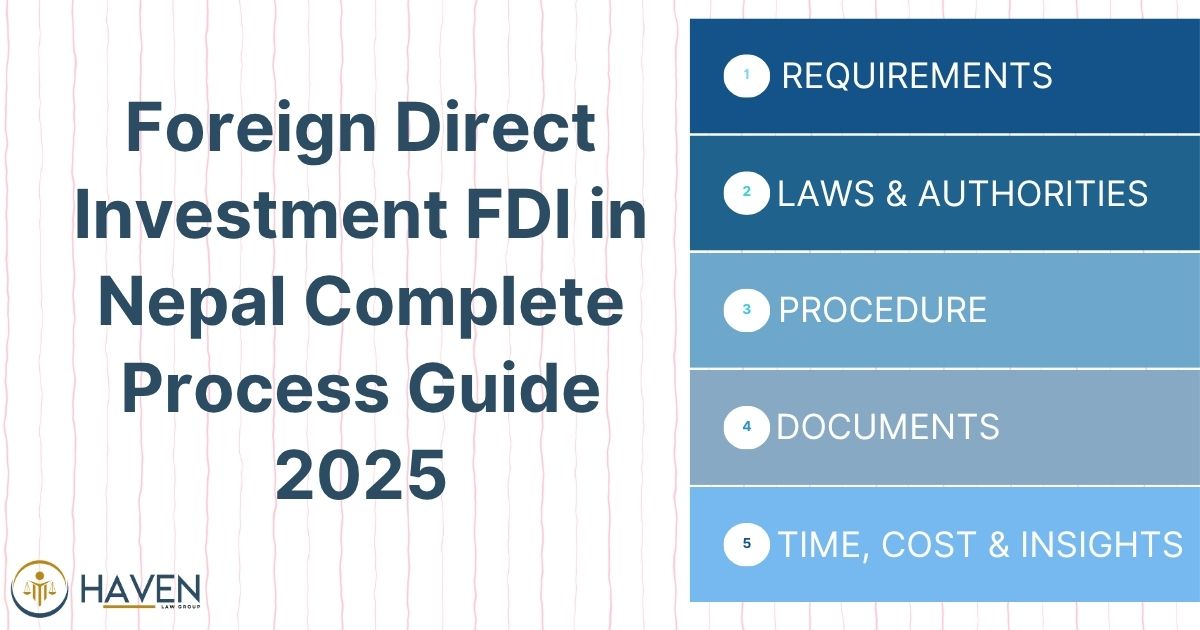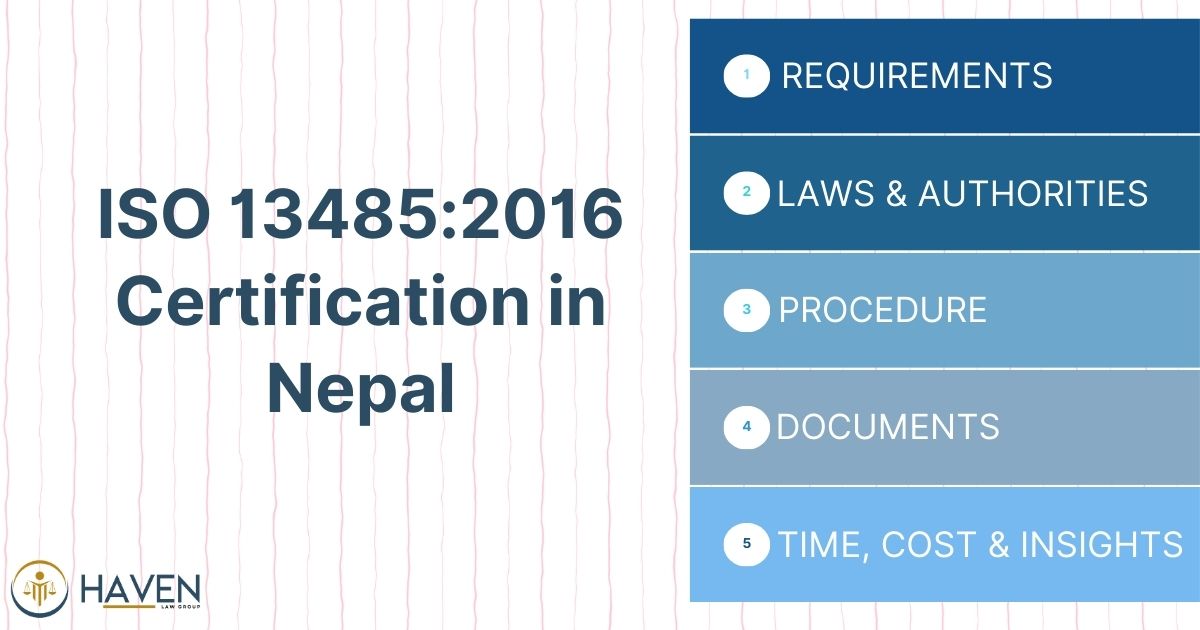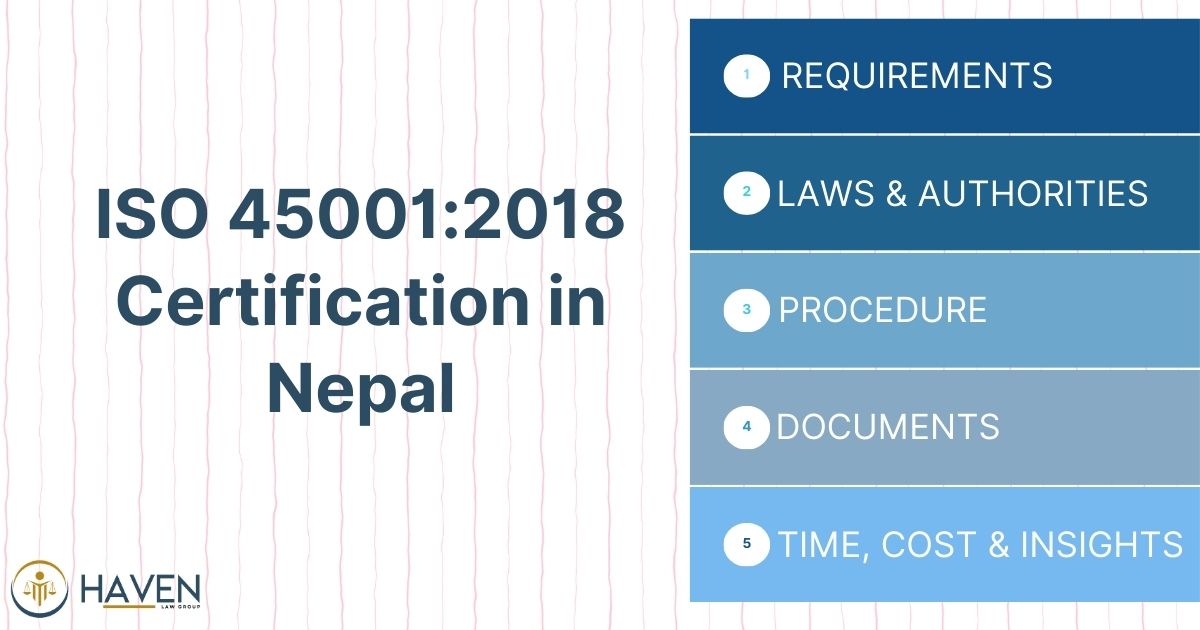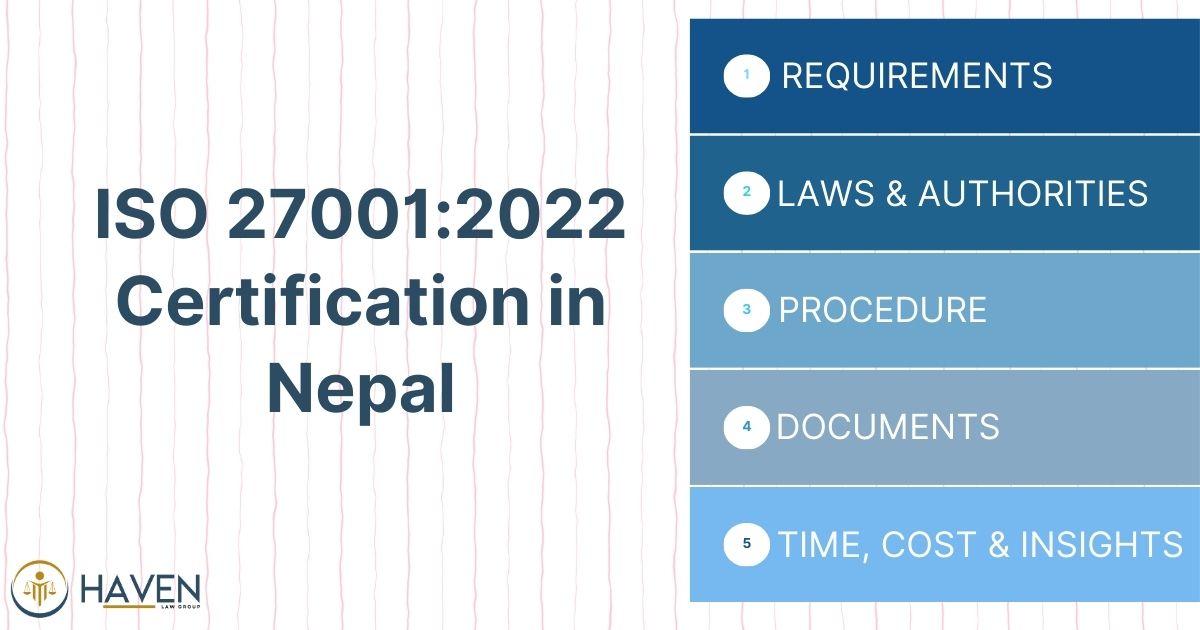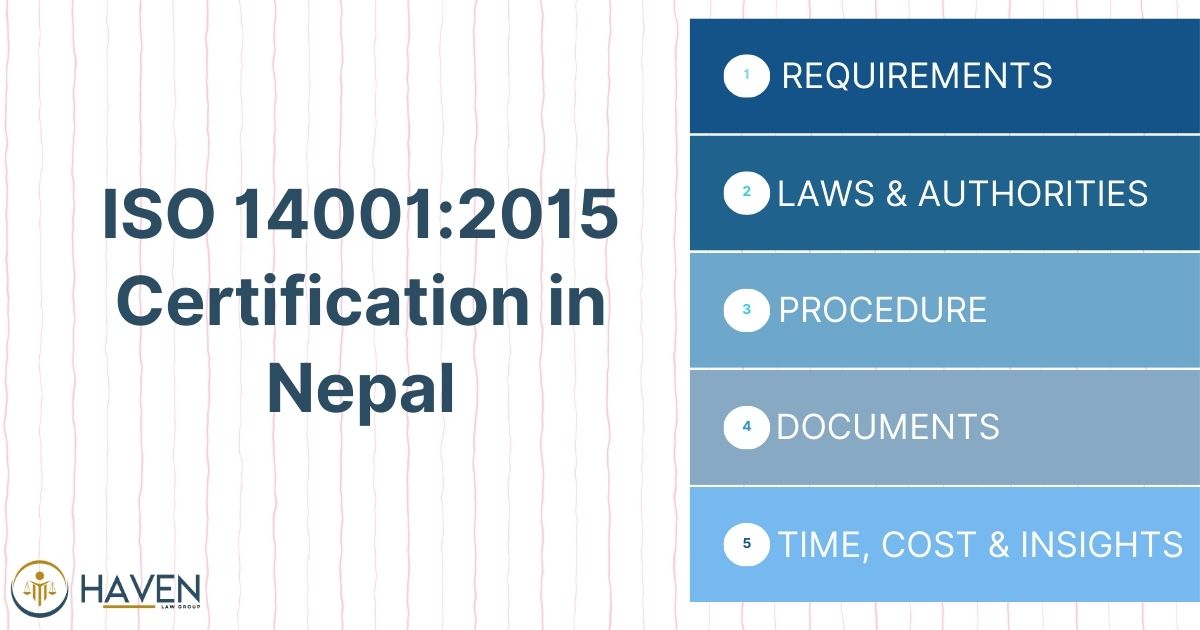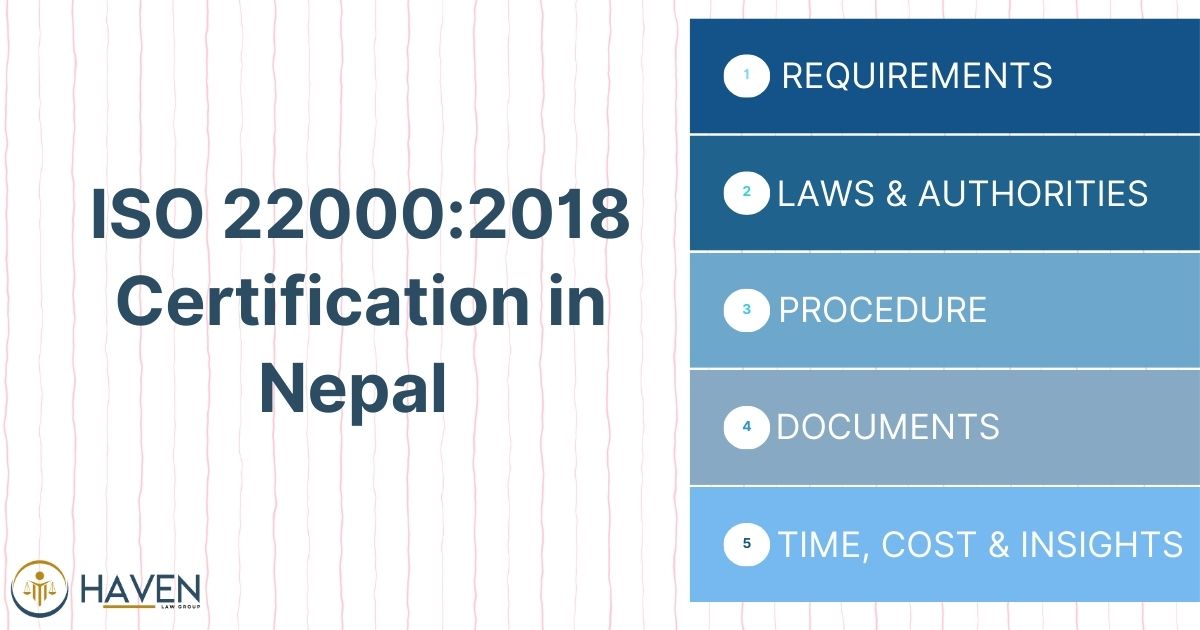What is a temporary residence certificate in Nepal?
A temporary residence certificate in Nepal is an official document issued by the Department of Immigration that grants foreign nationals the right to reside in Nepal for a specified period. This certificate serves as legal proof of a non-Nepali citizen’s authorized stay in the country. It is essential for foreigners who intend to stay in Nepal for an extended period, beyond the duration allowed by a standard tourist visa. The temporary residence certificate enables holders to legally reside, work, study, or conduct business activities in Nepal, subject to specific conditions and regulations set by the Nepali government. This document is crucial for compliance with immigration laws and ensures that foreign nationals maintain a lawful status during their stay in Nepal.
Who can apply for a temporary residence certificate?
Foreign nationals who meet specific criteria are eligible to apply for a temporary residence certificate in Nepal. The following categories of individuals can typically apply:
- Foreign investors and business owners
- Employees of international organizations or multinational companies
- Researchers and academics engaged in long-term projects
- Students enrolled in Nepali educational institutions
- Individuals married to Nepali citizens
- Retirees seeking to reside in Nepal
- Volunteers working with registered organizations
- Individuals with special skills or expertise beneficial to Nepal
Applicants must demonstrate a valid reason for their extended stay in Nepal and provide supporting documentation to justify their need for a temporary residence certificate. The Department of Immigration carefully evaluates each application to ensure compliance with Nepal’s immigration policies and national interests.
What documents are needed for application?
To apply for a temporary residence certificate in Nepal, applicants must submit a comprehensive set of documents. The required paperwork includes:
- Completed application form
- Valid passport with at least six months of remaining validity
- Recent passport-sized photographs
- Proof of financial means to support stay in Nepal (bank statements, income proof)
- Police clearance certificate from the applicant’s home country
- Medical certificate confirming good health
- Proof of accommodation in Nepal (rental agreement or property ownership documents)
- Letter of recommendation from a Nepali sponsor or employer
- Relevant visa documentation (work visa, student visa, etc.)
- Marriage certificate (if applying based on marriage to a Nepali citizen)
- Academic credentials (for students or researchers)
- Business registration documents (for investors or business owners)
Applicants should ensure all documents are properly authenticated and translated into English or Nepali if originally in another language. The Department of Immigration may request additional documents based on individual circumstances.
Are NRNs eligible for temporary residence certificates?
Non-Resident Nepalis (NRNs) are generally not eligible for temporary residence certificates in Nepal. NRNs are individuals of Nepali origin who hold foreign citizenship or have lived abroad for an extended period. According to the Non-Resident Nepali Act, 2064 (2008), NRNs are entitled to certain privileges and rights in Nepal, but they do not require a temporary residence certificate. Instead, NRNs can obtain an NRN card, which grants them various benefits, including the right to stay in Nepal for extended periods without a visa. The NRN card serves a similar purpose to a temporary residence certificate for individuals of Nepali origin. NRNs should contact the Non-Resident Nepali Association or the Department of Immigration for specific guidance on their status and rights in Nepal.
How long is the certificate valid?
The validity period of a temporary residence certificate in Nepal varies depending on the purpose of stay and the applicant’s circumstances. Typically, the certificate is issued for the following durations:
- One year for most categories of applicants
- Up to five years for foreign investors, depending on the investment amount
- Duration of study program for international students
- Length of employment contract for foreign workers
The Department of Immigration determines the validity period based on the applicant’s purpose of stay, supporting documents, and Nepal’s immigration policies. It is important to note that the certificate’s validity does not automatically guarantee the right to stay for the entire period. Holders must comply with all conditions and regulations associated with their temporary residence status. The certificate can be renewed before its expiration, subject to meeting renewal requirements and obtaining approval from the immigration authorities.
Can temporary residence be converted to permanent?
Converting temporary residence to permanent residence in Nepal is possible, but the process is complex and subject to strict criteria. The Immigration Rules, 2051 (1994) outline the conditions under which a foreign national may be eligible for permanent residence. Key factors include:
- Continuous residence in Nepal for at least 15 years
- Significant contributions to Nepal’s social, economic, or cultural development
- Marriage to a Nepali citizen for a specified period
- Special skills or expertise beneficial to Nepal’s national interests
The conversion process requires approval from the Ministry of Home Affairs and is granted on a case-by-case basis. Applicants must provide extensive documentation proving their eligibility and demonstrating their commitment to Nepal. It is important to note that permanent residence is rarely granted, and most foreign nationals maintain temporary residence status throughout their stay in Nepal. Consulting with immigration lawyers or experts is advisable for those seeking to convert their temporary residence to permanent status.
Are fees applicable for temporary residence?
Yes, fees are applicable for obtaining and renewing temporary residence certificates in Nepal. The fee structure is set by the Department of Immigration and may vary based on the following factors:
- Duration of the certificate
- Purpose of stay (work, study, investment, etc.)
- Nationality of the applicant
- Type of visa held
Fees typically include:
- Application processing fee
- Certificate issuance fee
- Visa extension fee (if applicable)
The exact fee amounts are subject to change and should be verified with the Department of Immigration at the time of application. Additional charges may apply for expedited processing or special circumstances. It is important to note that all fees must be paid in Nepali Rupees, and official receipts should be obtained for all transactions. Applicants should be prepared to pay these fees as part of the application process and factor them into their budget for residing in Nepal.
Is legal assistance needed for the application?
While legal assistance is not mandatory for applying for a temporary residence certificate in Nepal, it can be beneficial, especially for complex cases or first-time applicants. The application process involves navigating Nepali immigration laws and regulations, which can be challenging for foreigners unfamiliar with the local legal system. Legal assistance can provide several advantages:
- Ensuring all required documents are properly prepared and submitted
- Interpreting complex legal requirements and regulations
- Addressing any issues or complications that may arise during the application process
- Providing guidance on rights and obligations associated with temporary residence status
- Assisting with communication between the applicant and immigration authorities
Applicants may choose to engage the services of immigration lawyers or consultants who specialize in Nepali immigration matters. However, it is crucial to select reputable and authorized legal professionals to avoid potential fraud or misrepresentation. The Department of Immigration can provide information on registered legal service providers if needed.
How long does the application process take?
The duration of the application process for a temporary residence certificate in Nepal can vary depending on several factors. Typically, the process takes between 4 to 8 weeks from the date of submission of a complete application. However, this timeline may be affected by:
- Completeness and accuracy of the submitted documents
- Workload of the Department of Immigration
- Complexity of the individual case
- Need for additional verification or background checks
- Seasonal fluctuations in application volumes
Applicants should submit their applications well in advance of their intended stay to allow for processing time. The Department of Immigration may offer expedited processing for urgent cases, subject to additional fees and justification. It is advisable to follow up regularly with the immigration authorities to track the progress of the application. Applicants should also be prepared to provide any additional information or documents promptly if requested during the review process.
Are certificates valid for property registration?
Temporary residence certificates in Nepal do not automatically grant the right to register property. The Foreign Investment and Technology Transfer Act, 2075 (2019) and the Lands Act, 2021 (1964) govern property ownership by foreign nationals in Nepal. While holding a temporary residence certificate is often a prerequisite for property-related transactions, additional requirements and restrictions apply:
- Foreign nationals can only purchase land or property for residential purposes with government approval
- Ownership is limited to specific areas and types of properties
- The total land area that can be owned is restricted
- Business-related property ownership may be possible for registered companies with foreign investment
Temporary residence certificate holders interested in property registration should:
- Consult with the Department of Land Management and Archives
- Seek legal advice from property law experts
- Obtain necessary approvals from relevant government agencies
- Comply with all regulations regarding foreign ownership of property in Nepal
It is crucial to note that property ownership laws for foreigners in Nepal are subject to change, and current regulations should be verified before proceeding with any property transactions.
Can temporary residence certificates be revoked?
Yes, temporary residence certificates in Nepal can be revoked under certain circumstances. The Department of Immigration has the authority to cancel or revoke a certificate if the holder violates the terms and conditions of their stay or engages in activities detrimental to Nepal’s interests. Reasons for revocation may include:
- Providing false information or fraudulent documents during the application process
- Engaging in illegal activities or criminal offenses
- Violating the terms of the visa or work permit associated with the certificate
- Failing to maintain the required financial means to support stay in Nepal
- Posing a threat to national security or public order
- Overstaying the authorized period without proper extension
- Engaging in activities not permitted under the granted status (e.g., working without authorization)
The Immigration Act, 2049 (1992) and its associated regulations provide the legal framework for revoking temporary residence certificates. If a certificate is revoked, the holder may be required to leave Nepal within a specified period. In some cases, they may also face fines, deportation, or other legal consequences. Certificate holders should adhere strictly to all conditions of their stay to avoid the risk of revocation.
Are online applications available?
Currently, the Department of Immigration in Nepal does not offer a fully online application system for temporary residence certificates. The application process typically requires in-person submission of documents and physical presence for biometric data collection. However, some aspects of the process may be facilitated online:
- Downloading application forms from the Department of Immigration website
- Scheduling appointments for document submission
- Checking application status online (if implemented)
- Accessing information about required documents and procedures
While full online applications are not available, the Nepali government has been working towards digitizing various administrative processes. Future developments may include more online services for immigration-related applications. Applicants should regularly check the official Department of Immigration website for the most up-to-date information on application procedures and any new online services that may become available.
FAQs
1. Is it renewable?
Yes, temporary residence certificates in Nepal are generally renewable. Holders must apply for renewal before the expiration date, providing updated documentation and justification for continued stay. Renewal is subject to approval by the Department of Immigration and may require additional fees.
2. Are fees required?
Yes, fees are required for obtaining and renewing temporary residence certificates in Nepal. The fee structure varies based on factors such as duration of stay, purpose, and nationality. Applicants should consult the Department of Immigration for current fee schedules and payment methods.
3. Can NRNs apply?
Non-Resident Nepalis (NRNs) typically do not need to apply for temporary residence certificates. Instead, they can obtain an NRN card, which grants them specific rights and privileges for extended stays in Nepal without requiring a separate residence certificate.
4. Are documents online?
While the full application process is not online, some documents and forms may be available for download from the Department of Immigration website. Applicants should check the official website for the most current information on available online resources and required documentation.
5. Is approval fast?
The approval process for temporary residence certificates in Nepal typically takes 4 to 8 weeks. Processing times may vary depending on the complexity of the case, completeness of the application, and current workload of the immigration authorities. Expedited processing may be available for urgent cases, subject to additional fees and justification.
What is a Temporary Residence Certificate in Nepal?
A Temporary Residence Certificate is an official document issued to foreigners allowing them to reside in Nepal for a specified period.
Who needs a Temporary Residence Certificate in Nepal?
Foreigners intending to stay in Nepal for more than 150 days need a Temporary Residence Certificate.
How can I apply for a Temporary Residence Certificate in Nepal?
Apply at the Department of Immigration with required documents, including a valid visa and proof of purpose for stay.
What documents are required to obtain a Temporary Residence Certificate?
Required documents include a passport, visa, application form, photographs, proof of accommodation, and purpose of stay evidence.
Can foreigners apply for a Temporary Residence Certificate in Nepal?
Yes, foreigners can apply for a Temporary Residence Certificate if they meet the eligibility criteria set by Nepali immigration laws.
How long is the Temporary Residence Certificate valid in Nepal?
The Temporary Residence Certificate is typically valid for one year and can be renewed annually if conditions are met.
Where can I get a Temporary Residence Certificate in Nepal?
Temporary Residence Certificates are issued by the Department of Immigration in Kathmandu or regional immigration offices.
What are the benefits of having a Temporary Residence Certificate?
Benefits include legal residence, easier travel within Nepal, and access to certain services reserved for residents.


